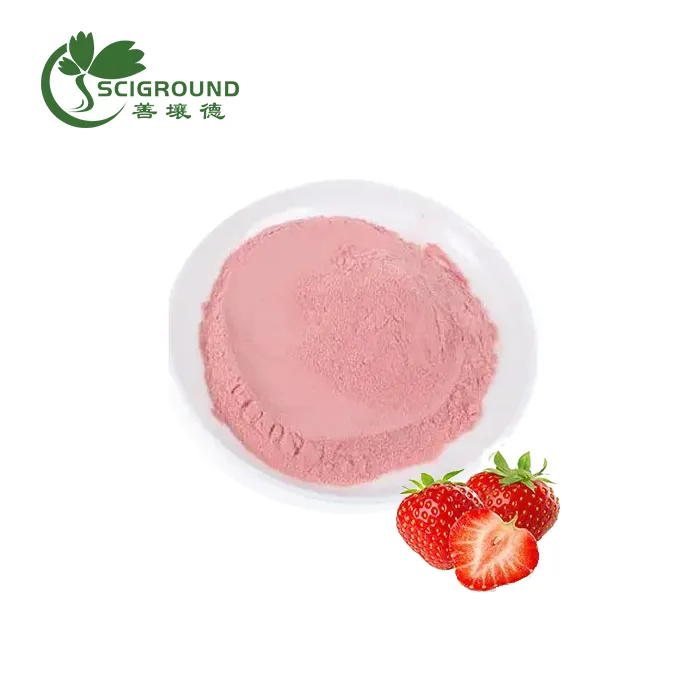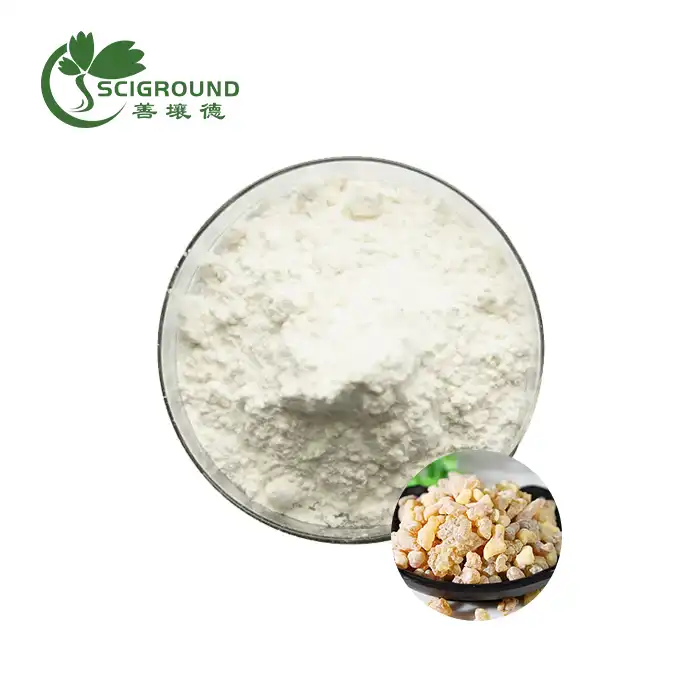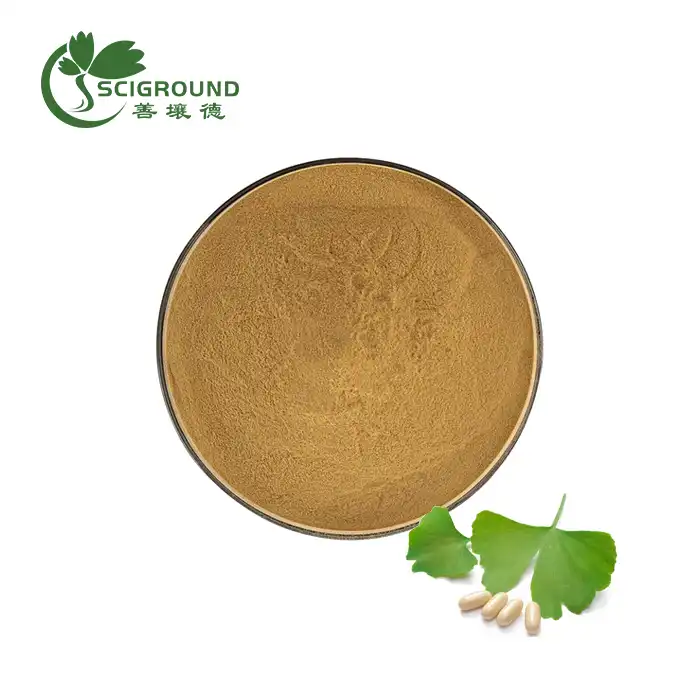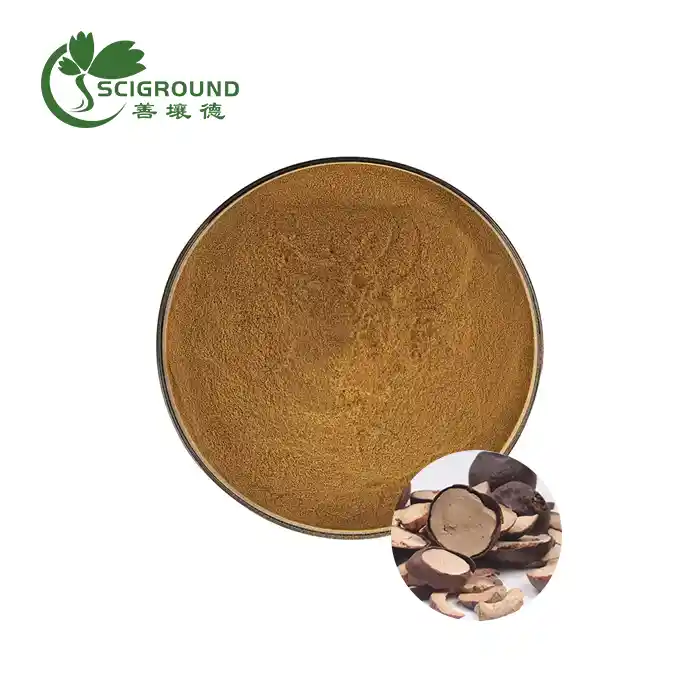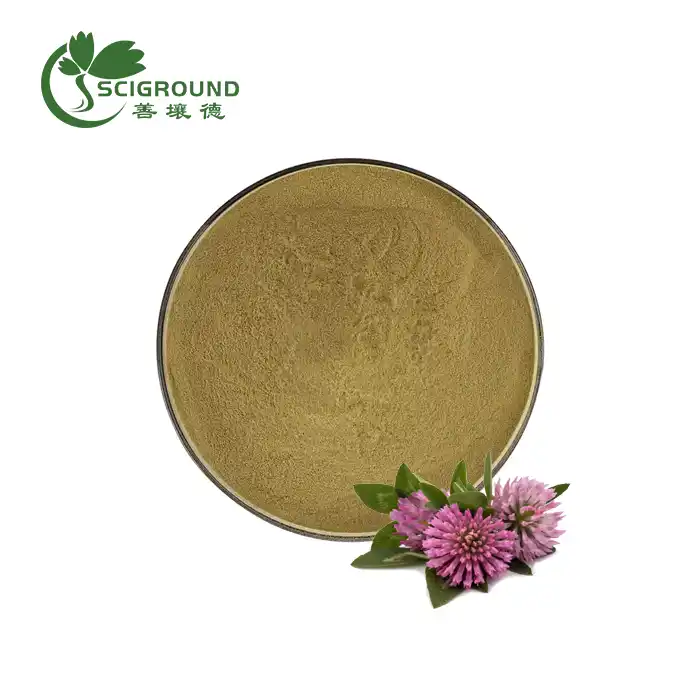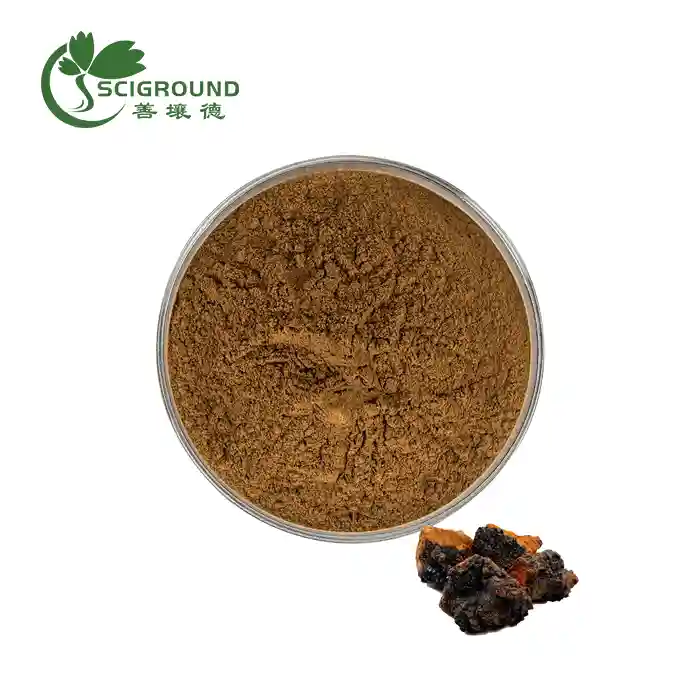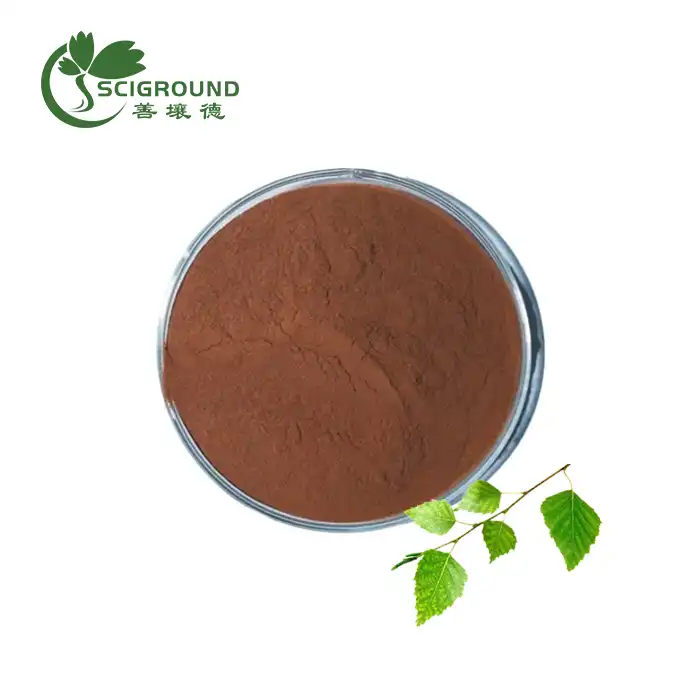Are Persimmons Good for You?
Are persimmons safe?
Persimmons are generally safe and nutritious fruits that can be enjoyed as part of a balanced diet. However, as with any food, there are some considerations and potential issues to keep in mind when consuming persimmons.
Ripeness Matters: One of the most critical aspects of enjoying persimmons safely is ensuring they are ripe. Unripe persimmons, particularly the astringent Hachiya variety, contain high levels of tannins that can make them extremely bitter and astringent, causing an unpleasant and puckering sensation in the mouth. It's crucial to let Hachiya persimmons fully ripen and become soft and jelly-like before consuming them to avoid this bitterness.
Allergies: Some individuals may be allergic to certain fruits, including persimmons. Allergic reactions can vary in severity and may include symptoms like itching, hives, swelling, or, in rare cases, more severe reactions like anaphylaxis. If you suspect an allergy to persimmons or have a history of fruit allergies, consult with a healthcare professional.
GI Sensitivity: Persimmons, like many fruits, are a good source of dietary fiber. While this fiber is beneficial for digestive health, it can cause gastrointestinal discomfort, including bloating or gas, in some individuals, especially if consumed in excessive quantities.
Seed Precautions: Persimmon extract typically contain small, inedible seeds. While they are generally harmless if accidentally ingested, it's advisable to be mindful of the seeds and avoid consuming them. Cutting the fruit and removing any seeds before eating can help prevent accidental ingestion.
Skin Considerations: As discussed in previous responses, whether or not you eat the skin of a persimmon depends on personal preference and the type of persimmon. The skin is generally safe to consume, especially when the fruit is ripe. However, if the skin is unpalatable or tough, you may choose to peel it.
Washing: Like any fruit, it's important to wash persimmons thoroughly before consumption. This helps remove any contaminants that may be on the skin.
Moderation: Persimmon extract powder when eaten in moderation as part of a balanced diet, can be a healthy addition. Overconsumption of any food, even nutritious ones, can have negative consequences, so be mindful of portion sizes and overall dietary variety.
In conclusion, persimmons are safe and nutritious fruits that offer a range of health benefits when consumed in their ripe state. By paying attention to ripeness, potential allergies, and individual sensitivity, you can enjoy persimmons as a delicious and healthy part of your diet. If you have specific concerns or dietary restrictions, consult with a healthcare professional or a registered dietitian for personalized guidance.

Are persimmons very high in sugar?
Persimmons are naturally sweet fruits, and they contain a moderate amount of sugar. The sugar content in persimmons can vary depending on the type of persimmon and its ripeness.
Fuyu Persimmons: Fuyu persimmons, the most common variety, typically contain about 16-17 grams of sugar per 100 grams of fruit when they are ripe. They have a sweet, honey-like flavor, making them relatively sweet compared to many other fruits.
Hachiya Persimmons: Hachiya persimmons are astringent when not fully ripe, and their sugar content can vary depending on their ripeness. When fully ripe, they can contain around 21-22 grams of sugar per 100 grams of fruit.
It's important to note that the sugar in persimmons is primarily natural fruit sugars, mainly in the form of fructose. While persimmons do contain sugar, they also provide essential nutrients like dietary fiber, vitamins (such as vitamin A and vitamin C), and minerals (like potassium).
If you are concerned about sugar intake due to dietary restrictions or health conditions like diabetes, it's a good idea to monitor your persimmon consumption and consult with a healthcare professional or a registered dietitian for personalized advice on incorporating persimmons into your diet in a balanced and healthy way. For most people, moderate consumption of ripe persimmons can be a part of a healthy diet, and their natural sweetness can satisfy cravings for something sweet in a natural and nutritious way.
Although persimmons do contain natural sugars, they are not considered significantly high in sugar compared to other fruits. One medium-sized persimmon contains about 81 calories and 18 grams of sugar. The sugar in persimmons is mostly fructose, which provides a natural source of energy. Additionally, persimmons contain dietary fiber, which helps regulate blood sugar levels and prevents sudden spikes in insulin. As with any food, moderation is key. Incorporating persimmons into a balanced diet can be a healthy choice.
Is it okay to eat the skin of a persimmon?
Yes, it is absolutely safe and beneficial to eat the skin of a persimmon. The skin is rich in dietary fiber and antioxidants, providing additional health benefits. However, it is important to note that the texture and taste of the skin may vary depending on the variety of persimmon. Some individuals may prefer removing the skin before consuming the fruit, while others may enjoy the added texture and nutrition it provides. Ultimately, the choice is yours based on personal preference.
At Sciground, we pride ourselves on being a professional product manufacturer and supplier, specializing in high-quality and affordable products. We prioritize customer satisfaction and aim to provide excellent service to all our clients. If you have any questions or would like more information about our products, please feel free to contact us at info@scigroundbio.com.
References:
Related Industry Knowledge
- What is angelica root extract good for?
- Is it better to take turmeric or curcumin?
- What is the best way to absorb quercetin?
- Is nutmeg powder good for men?
- Can You Take Berberine and Inositol Together?
- Dandelion Root Extract Powder: Embracing the Healing Power of Nature
- Unraveling the Mysteries of L-Serine Powder: A Versatile Health Booster
- Pea Protein vs Soy Protein
- Polygonum cuspidatum root extract resveratrol: Benefits, Safety, and Dosage
- Kudzu Root Extract Powder: A Comprehensive Guide
